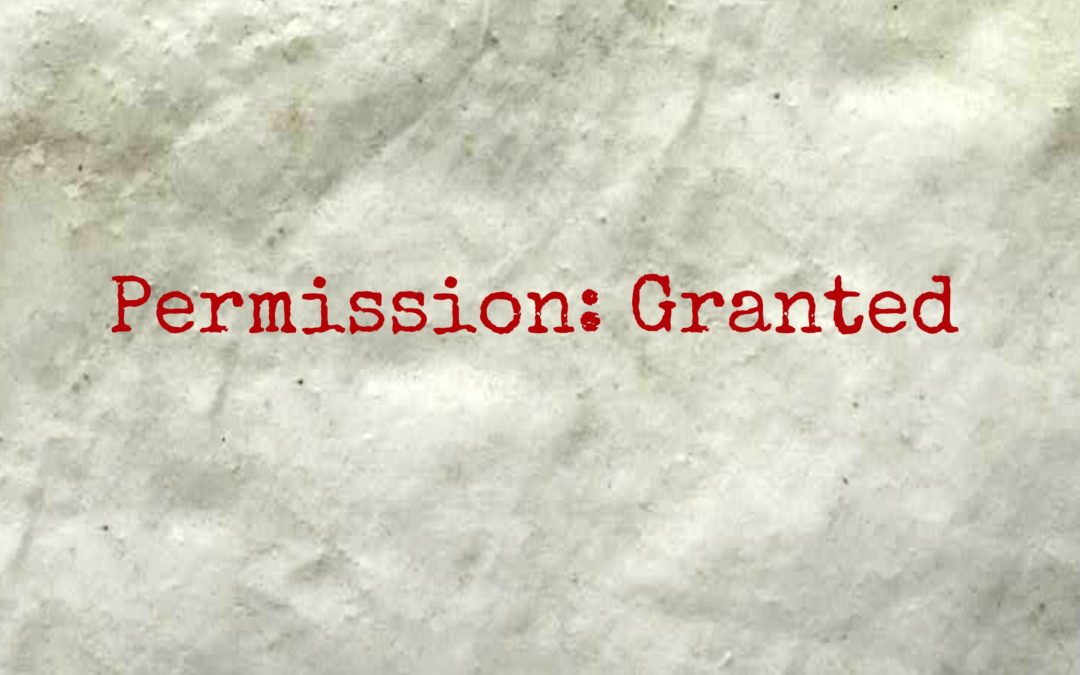Deprivation- it is a word that can tail spin so many people without them realizing that they are in it. Deprivation is what is felt when you have the list of the things you cannot have. It is what is felt when you have to wait “x” hours before you can eat again. It is what is felt when you are following a rigid diet. Some people automatically start feeling deprivation with the thought of cutting certain foods out of their day or the thought of not having a certain food again for a period of time. For some, in a weird way, it is the sign that they are “doing the right thing.” But this “right thing” doesn’t last very long.
To follow up on my last post, www.beyondyoursurface.com/dietcraze, most diets will create this feeling of deprivation for people who have a relationship issue with food. They automatically want what they can’t have simply because they “can’t have it.” This is where permission and language with food comes in.
If you can start to look at this concept of permission towards food, you’ll see how it can be powerful in changing your relationship with food. Let’s say someone goes into their doctor and they are told they need to change their diet and are given a list of foods that they can have alongside the list of foods that they should avoid. Which side do you think people concentrate more attention to? Most tend to just pay attention to the foods that they cannot have and look at the foods that are allowed with little enthusiasm. I’ve seen this countless times. The list goes in a drawer somewhere because it seems impossible to implement or follow, to only continue with the habits that are being destructive. BUT if you look at the relationship piece and look at what could be loving versus depriving, then it has the possibility to feel more manageable. This brings us back to not going into the all or nothing thinking. It is all about the little changes, what it is you can improve upon. This may mean fast food goes from every week to twice a month, that exercise goes from 1-2 days a week to 2-3 days a week. Small changes over time, yield a bigger result. The most important thing that is kept with this way of thinking, is permission. Can you feel the difference if you think, “I can never have fast food” to “I can have fast food twice a month.”? There is still permission. You still have choice whether you follow that, but when you have that permission you are giving yourself the space to look at how much of what you do is habit versus out of actual want and like.
Permission can also help with looking at the foods that you cannot “control” yourself around. Now, I want to point out that there are some people who literally feel that they cannot stop when they have certain foods, namely sugar. This is where the whole “sugar addict” verbiage has come from. There are studies that show for some people, when they have sugar, their brains will light up just like a drug. This topic is a whole other post in itself. But the idea of permission can help you figure out if you are one of those people versus it being the idea that you cannot have something. What do I mean by this? I once had a client that had a really hard time “controlling” herself with cookies, in particular Double Stuff Oreos. She had a long history of dieting and grew up with a lot of control with foods that she could and could not have from her mother. Now the majority of people would think, just don’t buy the Oreos and you’ll be fine. Not when we are looking at the relationship. You’ve heard people say, “The food was just calling my name.” Food does not have power unless we give it power. It is food-not a living thing that can actual be powerful over us. It is the mindset we attach to that food. When I told my client that struggled with the cookies that I wanted her to keep two packages of Double Stuff Oreos in her pantry at all times, she looked at me like I was crazy. At first, it was a little messy. She went through the packs pretty quickly, but it was important that she always had two packages. She always had the permission to have them. Over time, she grew tired of them. The allure of having them was gone because she could have them. They were not forbidden anymore. This is common for people who grew up in a real diety household or when a person’s weight growing up was a consistent topic of conversation. There was control and lack of permission with certain foods so when a person is around that food, it’s like all of that control is being rebelled against. But once you are in the driver’s seat, you are giving yourself that permission. Some people find they don’t even like the food they couldn’t control themselves around. That it really was about rebelling than not being able to stop eating the food. This way is obviously, digging deeper, looking beyond surface of food. It is stepping back and looking the “why.” Why are you wanting this specific food? Are you really hungry? If the permission and the food is there, how would it be to choose not to have it because it feels more of a loving choice for yourself versus a rebellious or sabotaging choice? The answer is in the space that you take to really think about those things.
When you allow yourself to look at permission, it ends the deprivation. You are able to stay more connected to listening to your body when you are eating versus being in this state of eating for all the times you couldn’t or for the time you may not allow yourself “tomorrow.” It’s like eating the bag of cookies, because “I mind as well just eat them all now and start over tomorrow.” When if you are being mindful, you recognize when the switch of taste turns to deprivation or the fear of. The cookies don’t taste as good, you are full, but you just keep eating when you are eating out of a place of deprivation. Again, the all or nothing thinking. When you are connected, mindful and listening, you can identify the point where you are satisfied-physically and mentally with that food. You do not have to be in a place of deprivation. Permission opens a world of satiation, peace and kindness with food.


